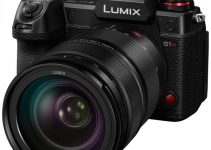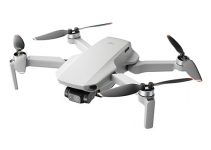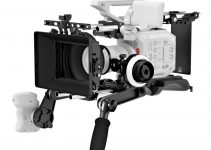Almost every week I point out that there are an unbelievable amount of excellent cameras out there covering a wide range of price points. Why not take a bunch of them and compare them?
This time the variety of cameras is great covering the types you might find in your average indie filmmakers bag, the Sony a7S III and Canon EOS R5 C, the ones that more established filmmakers might want to pick up, the RED KOMODO 6K, and even something you’ll find on high-end productions, the ARRI ALEXA 35.
It is a fun and interesting comparison to see them all put to the test, this time by Veres Deni Alex.
If you look at the price points of these cameras it is a fairly surprising comparison. One camera runs around $80,000 while another is under $4,000.
And the initial blind test should tell you that the camera you have isn’t holding you back from making a great video or film.
Settings
All cameras shared these settings:
- 24 fps
- 180-degree shutter (or close to it)
- White balance set to 5400K
- Set to base ISO
- Log or flattest profile
- 35mm equivalent manual cinema lens set to T4
One note is that the RED KOMODO was accidentally set to a 90-degree shutter and therefore was underexposed by 1 stop compared to the others. So, keep that in mind as you watch. It was shot it raw, but that isn’t 100% fair still.
Every camera was also set to top recording spec, which is raw for everything except the Sony. They didn’t have an external recorder to take the raw signal so the a7S III recorded in its 10-bit 4:2:2 compressed modes.
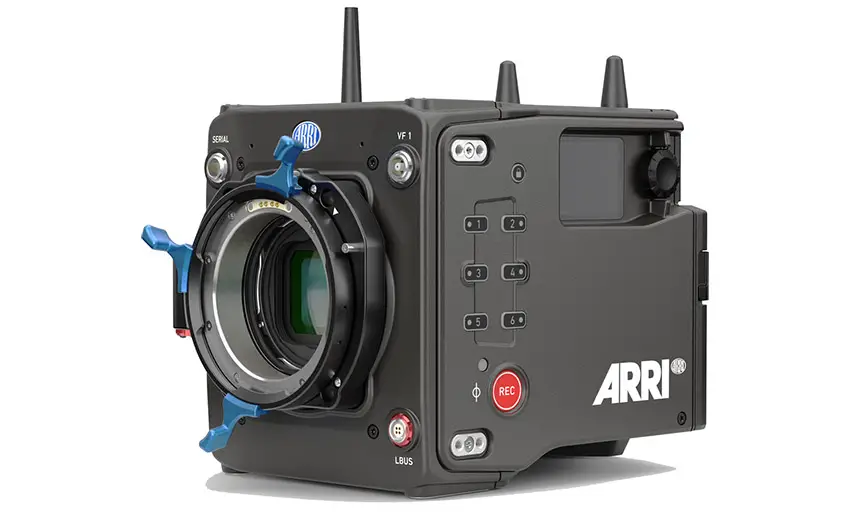
Image Credit: ARRI
Color Comparison
Starting off with a blind test so you can just pick one without any bias and then we get directly into the color comparison.
RED is coming off a little bit green compared to the rest. Easily correctable and common.
ARRI and Sony are surprisingly similar with their colors. ARRI is a bit on the warmer side and the reds and yellows on the Sony are a bit more saturated but otherwise, they are coming in very close.
RED also has a lot less saturation than the others and he bumped up the saturation to see the differences. It is a slightly different take with light blue and greens shifted a bit towards orange.
Canon is between the RED and ARRI with desaturated yellows and greens for hitting the sweet spot for skin tones.
In the end it doesn’t really matter since they are all solid and very easily workable in post.
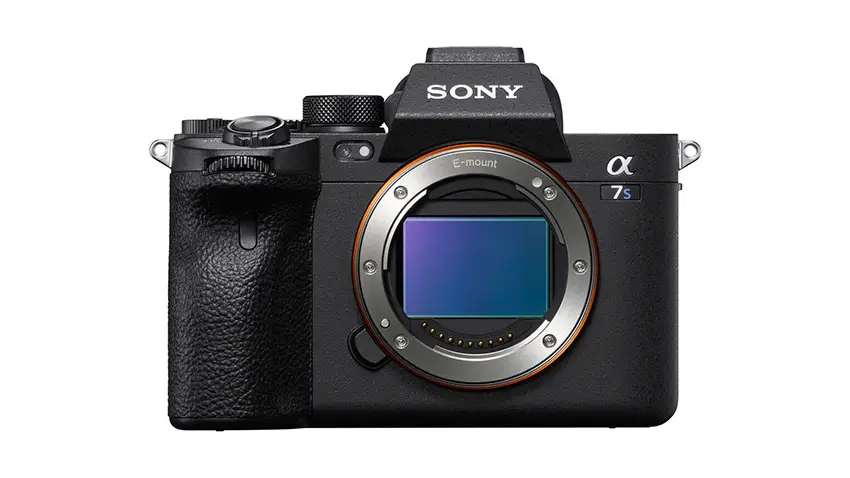
Image Credit: Sony
Dynamic Range
Each of the cameras has a different way of handling contrast and dynamic range. Even with a basic Rec.709 conversion they each have a different final exposure with some being much darker and others being much larger.
You’ll really want to learn how to best handle your camera when you have it to get the exposure just right.
He manually graded each clip to give every camera the best shot.
ARRI was producing incredible dynamic range and they found it difficult to blow the highlights even after opening the lens up to T2. RED did not compare as favorably and it seems to have the worst dynamic range and was struggling to maintain details in the highlights while even be underexposed.
Canon appears to have a worse dynamic range at first, but it also just handles contrast in a different way. The shadows are a bit more elevated along with highlights being a little more blown out. It’s just where Canon puts the midpoint in C-Log 2 that makes the difference here since the shadows look better and give more usable range.
Sony has a similar dynamic range with elevated blacks in S-Log3, but if you expose for the highlights with it the low noise of the a7S III should give it an advantage.
With final look, it seems like Canon and Sony might have a stop or two more dynamic range than RED and ARRI, though the RED and ARRI cameras have better highlight roll-off.
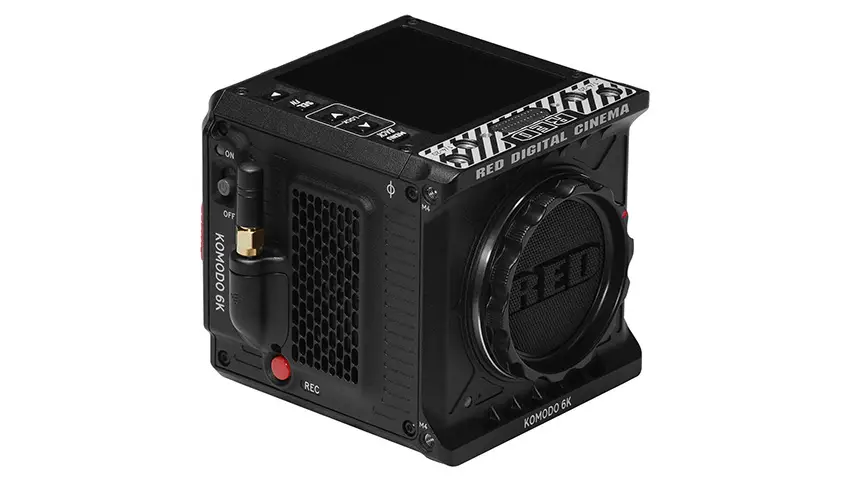
Image Credit: RED
Noise Performance
This will be a mixed bag when it comes to testing. RED is underexposed. Sony doesn’t shoot raw and has noise reduction by default. It’s tough to actually make this equal.
Despite that, you can get a feel for how each camera fares in low light.
All the raw footage needs some noise reduction to clean it up a touch. Canon is super noisy and needs a high setting of 70 to get rid of Chroma noise and even then there is some noticeable noise left.
RED needs to be set to 34 to remove the chroma noise but there is a touch of filmic grain remaining. It may have even performed better if exposed correctly.
The ARRI is exceptionally clean which is surprising considering it is raw. It can be set to 30 to get it very clean, but even that isn’t always necessary.
Sony has some more color noise than ARRI but doesn’t require all that much to get rid of it it. Again being set to 30 gets it very clean. It still has some more artifacts though this is likely due to using a compressed internal codec.
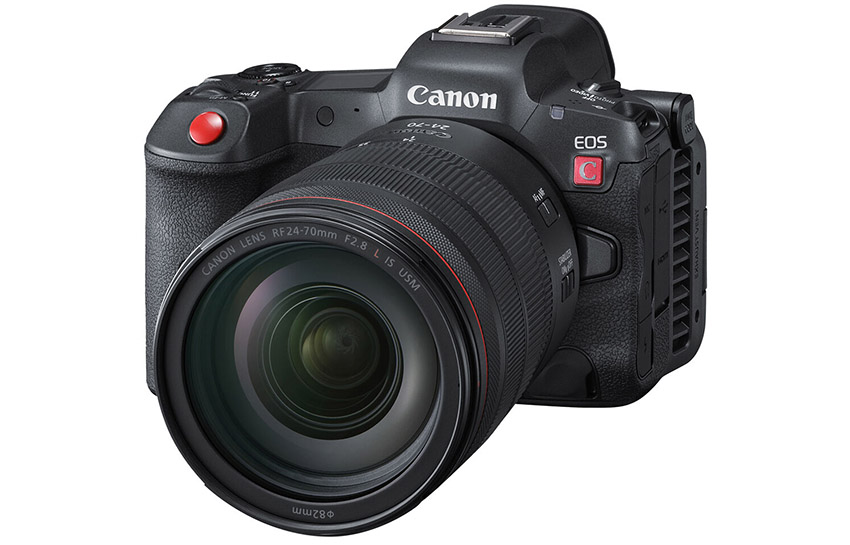
Image Credit: Canon
Color Stress Test
Using some advanced power grades on tall the footage you can see they all hold up fairly well. But he wants to push it even further to see where the actual limits are set.
By making aggressive changes to color and exposure you can reveal where it falls apart.
Sony’s 10-bit internal codec is the most affected due to the heaving compression. The differences are small but there. ARRI holds up the best along with RED and I think Canon is maybe a touch behind those. It’s hard to pinpoint critical differences on YouTube compression.
Conclusions
There were some interesting results here. The RED underperformed in some tests (dynamic range) and beat expectations in others (noise performance). The 16-bit raw does provide it an advantage.
The Sony a7S III coming in close to the ARRI ALEXA in color was another surprise here.
ARRI producing clean footage and having the ability to be pushed quite far is probably the least shocking and shows off why those cameras are considered premium choices.
What did you think about these tests?
[source: Veres Deni Alex – Color Grading]
Order Links:
- ARRI ALEXA 35 Cinema Camera (B&H)
- RED KOMODO 6K Cinema Camera (B&H)
- Sony a7S III Mirrorless Camera (B&H, Amazon)
- Canon EOS R5 C Mirrorless Cinema Camera (B&H, Amazon)
Disclaimer: As an Amazon Associate partner and participant in B&H and other affiliate programmes, we earn a small comission from each purchase made through the affiliate links listed above at no additional cost to you.


